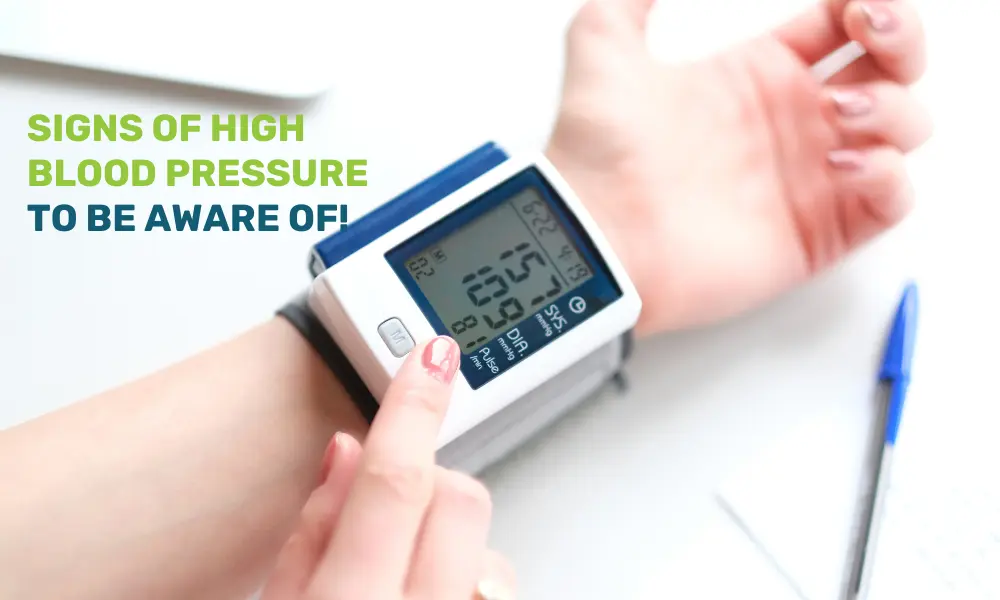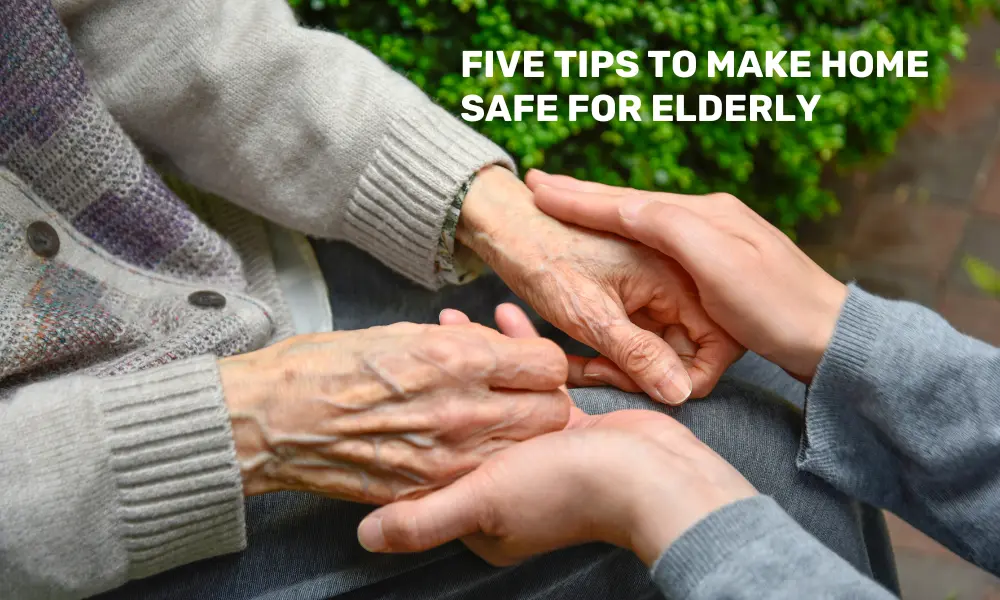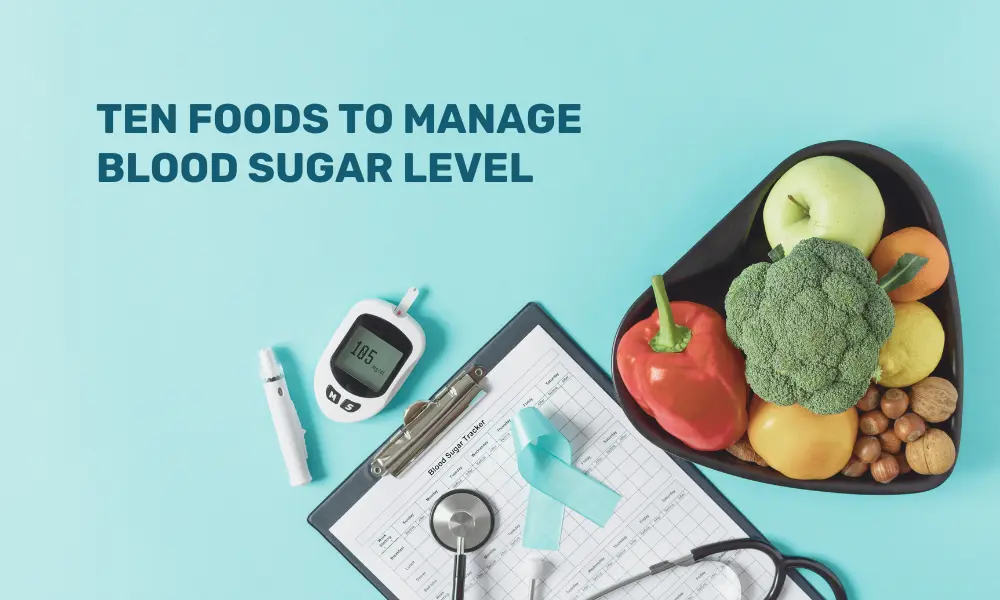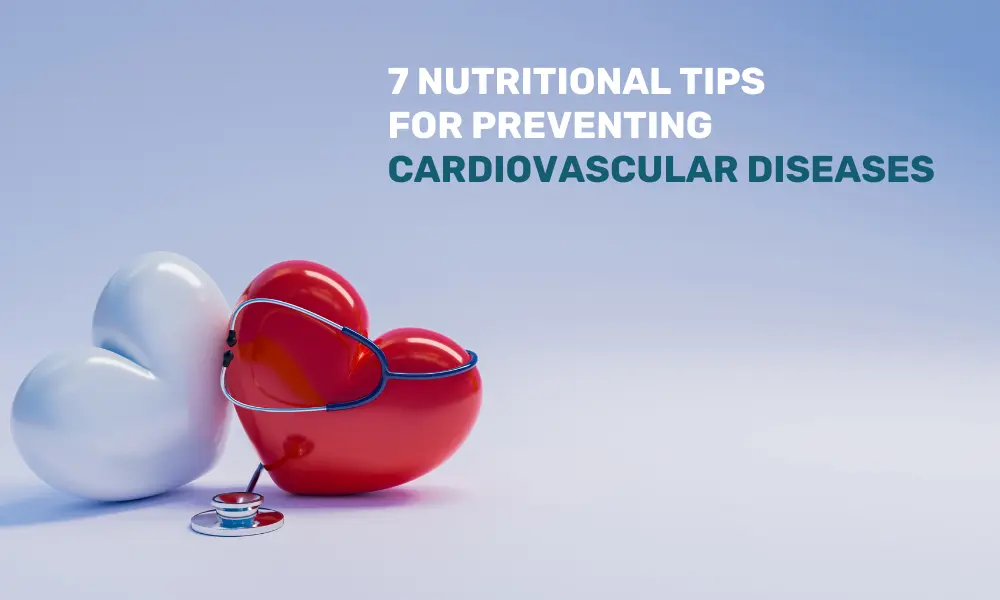High blood pressure can be fatal at times. It is often considered a silent killer because a person suffering from it may not experience symptoms beforehand. However, this health condition can cause damage to various body functions, affecting heart health, stroke, and kidney failure, among others.
High blood pressure is when the pressure in blood vessels is above 140/90 mmHg.
High blood pressure, when left untreated, can cause complications, including:
-
Heart attack or stroke
-
Heart failure
-
Kidney problems
-
Eye problems
-
Metabolic syndrome
-
Changes in memory or understanding
To manage the condition, it is important to monitor blood pressure regularly and incorporate appropriate lifestyle changes into our daily routine. A healthier diet, quitting alcohol and tobacco, and taking measures to relieve stress are among the factors that can keep your blood pressure in control.
High blood pressure can exist without any noticeable symptoms and continue to silently cause damage to the body. However, some subtle signs can give an individual the advantage in helping to diagnose it early and begin early treatment.
Hidden signs of high blood pressure
It is highly essential to be aware of a few hidden signs of high blood pressure. Here are seven hidden signs of hypertension that one must be aware of:
Headaches: Frequent headaches can be an early warning sign of hypertension. These headaches are typically throbbing in nature on both sides of the head.
Nosebleeds: This is not common, but recurrent nosebleeds can indicate high blood pressure in some individuals. Due to the high blood pressure, the nose’s small, fragile blood vessels may rupture more easily, leading to frequent nosebleeds.
Problems with vision: High blood pressure over a prolonged period damages the blood vessels in the eyes, which can cause vision problems such as blurred vision, double vision, or even sudden vision loss. Hypertension can also damage the retina, known as hypertensive retinopathy. Left untreated, this can cause serious vision problems.
Shortness of breath: Hypertension can stress the heart, as high blood pressure makes it difficult for the heart to pump blood efficiently. This can lead to a build-up of fluid in the lungs, which can make breathing difficult and lead to shortness of breath even after slight exertion.
Irregular heartbeat: An irregular heartbeat, known as arrhythmia, can be a sign of hypertension. The same reason the heart needs to work harder to pump blood can lead to abnormal heart rhythms.
Tiredness: Persistent tiredness can be a sign of high blood pressure. This happens because hypertension affects the heart’s ability to pump blood effectively, reducing oxygen and nutrient supply to the vital organs and the brain.
Rising creatinine or deterioration of renal function: High blood pressure can silently damage the kidney.
If you experience any of the above symptoms, you must seek medical advice immediately. Early detection and treatment of hypertension can significantly reduce the risk of complications and improve overall health.
Additionally, one must undertake regular health checkups to avoid any complications like high blood pressure. To book a body checkup, CLICK HERE.
FAQ on High Blood Pressure
What is the High Blood Pressure Level?
High blood pressure is when the pressure in blood vessels is above 140/90 mmHg.
How frequently should a high BP patient check the pressure?
To manage the condition, it is important to monitor blood pressure regularly and incorporate appropriate lifestyle changes into our daily routine.
Dose High BP or hypertension have any symptoms?
High blood pressure can exist without any noticeable symptoms and continue to silently cause damage to the body. However, some subtle signs can give an individual the advantage in helping to diagnose it early and begin early treatment.
What are the hidden signs of high BP?
Headaches, Nosebleeds, Irregular heartbeat, Shortness of breath, Problems with vision, Tiredness are few subtle signs of high BP.





